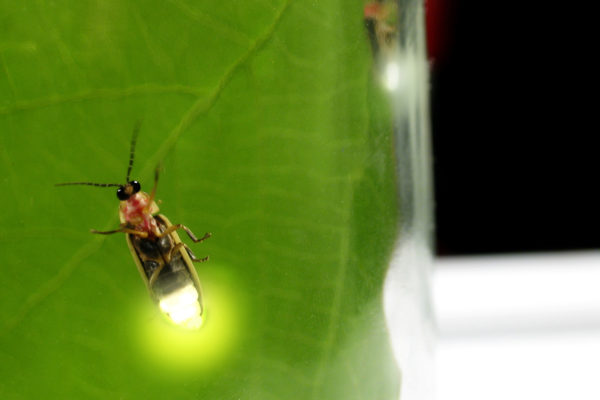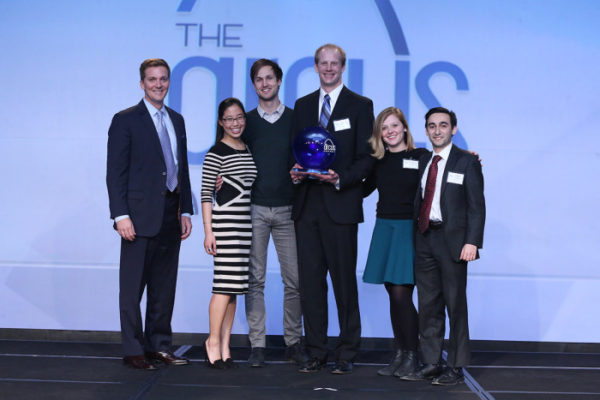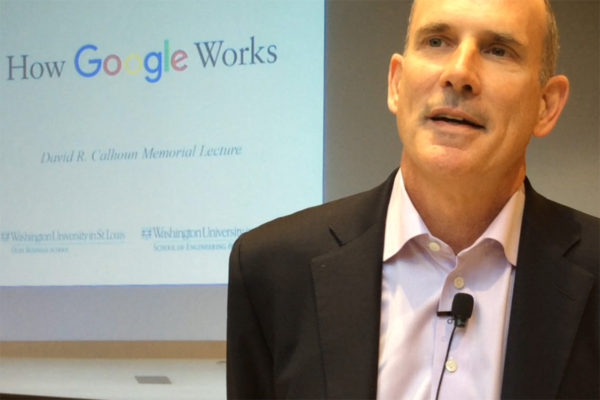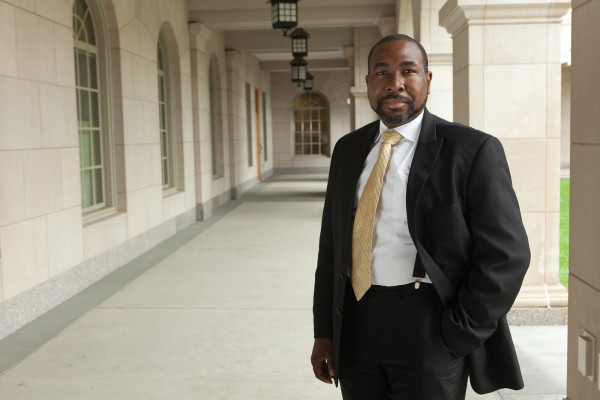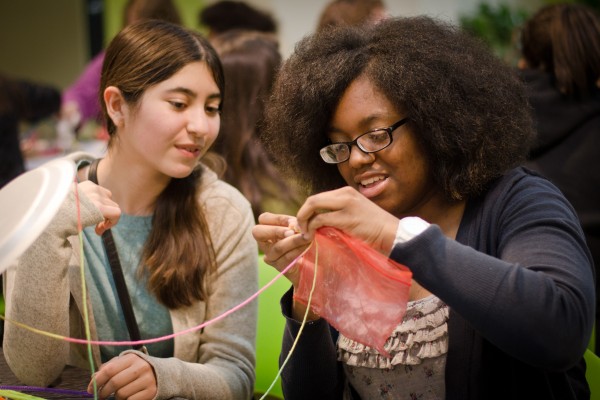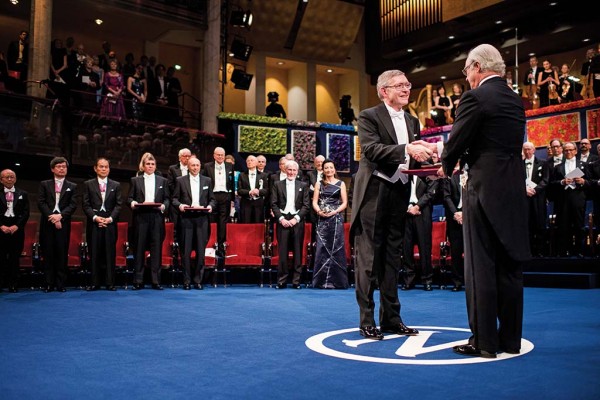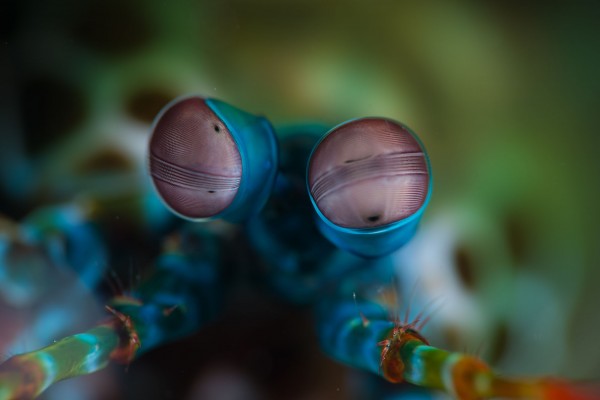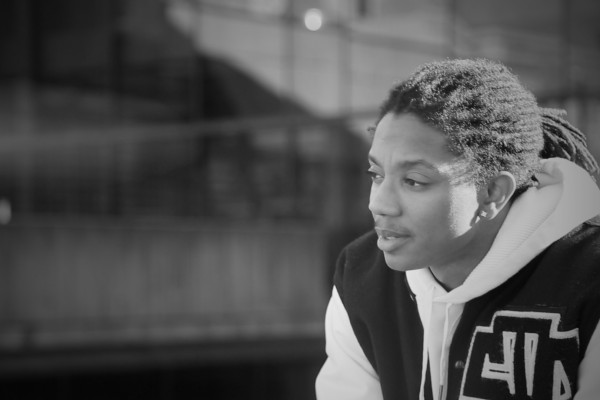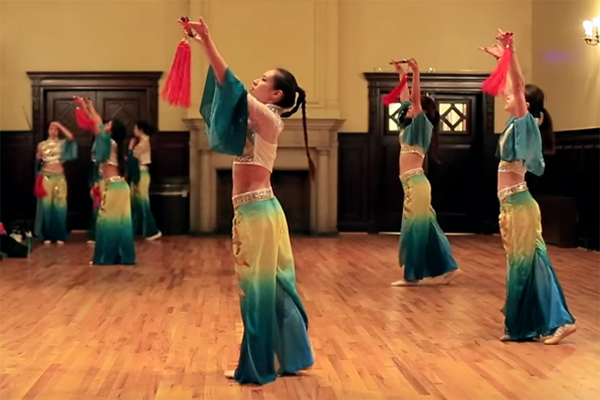Better understanding biorhythms
Fireflies use oscillation to communicate on the same wavelength. An engineer at Washington University in St. Louis has developed a new waveform that can control chemical oscillation in the lab. This finding could lead to better understanding of oscillation as it pertains to heart pacemakers, the brain’s neural patterns and even jet lag.
IDEA Labs honored by St. Louis Regional Chamber
Washington University student group IDEA Labs received the Spirit of St. Louis Award at the St. Louis Regional Chamber’s 2016 Arcus Awards for advancing the city’s rich history and global reputation as a hub of innovation and forward-looking vision.
How Google works
Former Google VP Jonathan Rosenberg tells Washington University community what he learned during a 13-year stint at the giant tech company.
Dedric Carter: Expanding his Washington University portfolio
Dedric Carter, associate provost and associate vice chancellor for innovation and entrepreneurship and professor of engineering practice, has been appointed vice chancellor for operations and technology transfer, effective July 1.
Women in STEM Day: Busting the ‘bro code’
Scientists solve the world’s greatest challenges and are paid well to do so. Yet the gender gap persists in engineering, computer science and other fields. Women in STEM Day at Washington University in St. Louis welcomes high school girls into the community of female scientists and introduces them to cutting-edge research. Hosted by undergraduate female science students, the event features demonstrations, top speakers and a sleepover.
Three Questions: Nobel laureate W. E. Moerner
In fall 2015, Nobel laureate W. E. Moerner returned to campus to give the Weissman Lecture. Washington magazine spoke with him and asked what it was like to win the world’s top prize.
Engineering faculty to appear on National Geographic special
Two Washington University in St. Louis faculty members are included in a National Geographic Channel Explorer episode scheduled to air Sunday, Feb. 14. The one-hour documentary, called “Explorer: Eyes Wide Open” will be broadcast on cable providers nationwide at 8 p.m. ET.
Black Anthology: Rock and roles
Akeda Hosten, a senior in the School of Engineering & Applied Science at Washington University, talks about why the annual Black Anthology matters and how songwriting is a little bit like engineering. The Black Anthology production “woke” is Feb. 12-13 at Edison Theatre on the Danforth Campus.
Power & Precision: Lunar New Year debuts sword dancing
Traditional Chinese sword dancing debuts this weekend at the annual Lunar New Year Festival at Edison Theatre on the campus of Washington University in St. Louis. “The swords only look dangerous,” says junior Sarah Lin, noting the dance’s combination of grace and power.
Calcium carbonate: Tumor-fighting weapon
Engineers at Washington University in St. Louis use nanoparticle technology, applied to a drug found in most people’s medicine cabinets, to chemically alter a cancer tumor and stop its growth.
View More Stories
